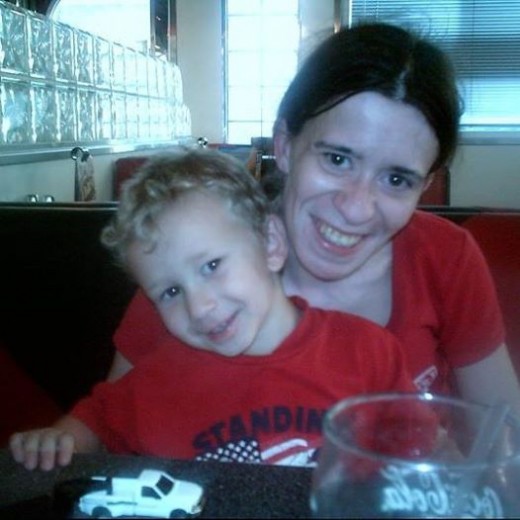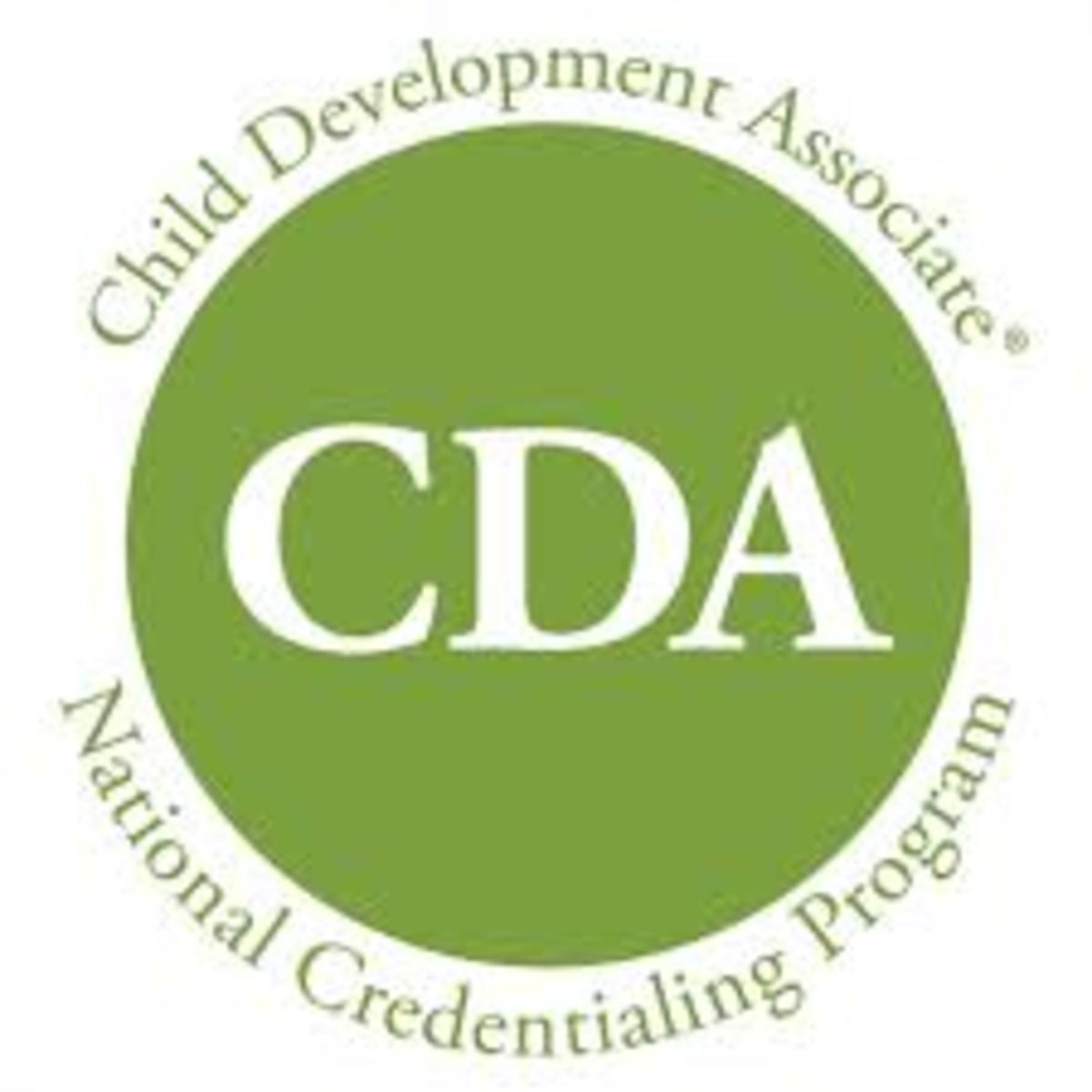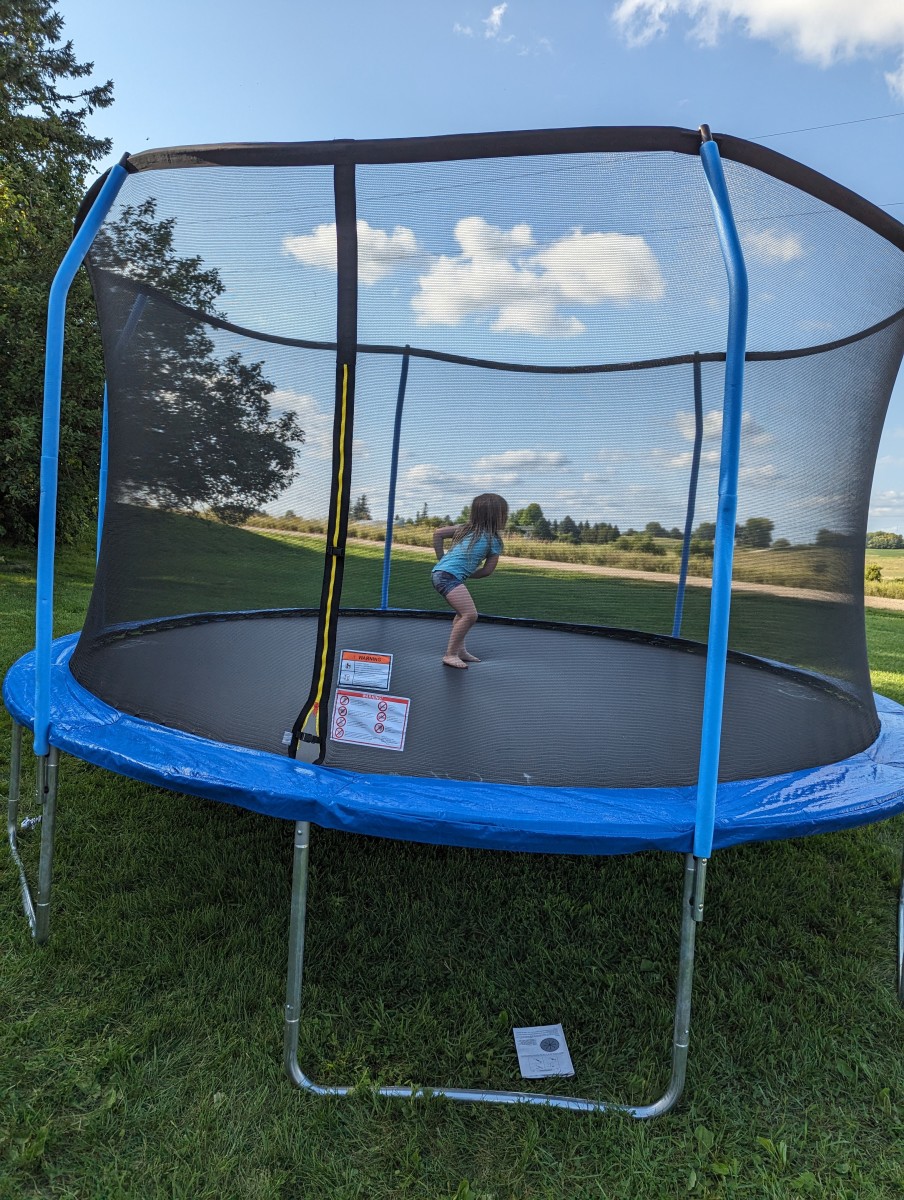- HubPages»
- Family and Parenting»
- Kids»
- Children's Growth & Development
Theory and Research in Child Development
Importance of Theory and Research in Child Development
“I did that with my children, and it worked fine for them.”
Reflecting on this anecdotal phrase that many of us have heard someone say at one time or another makes me think about several issues regarding this statement. Maybe it worked fine for their children, and maybe it did not. Maybe the person speaking thinks that it worked well, but perhaps their children now resent them for something their parents had done to them – such as too harsh of punishment. I do not believe in spanking, hitting, or physically hurting a child. There are a lot of people out there who think that spanking and physical punishment is the right way to go in disciplining their children, while others consider it abuse to the child. Violence can also beget violence, and no one should show children that violence is the answer to our problems. Open communication, intelligent conversations with your children to let them know the right way to do something, time outs for when the children do not do as they should, and taking away a child’s privilege are ways that can effectively correct a child’s behavior. This also instills in children the right way to communicate and play with other children when they have disagreements with one another.
Baby Learning Through Play

Importance of using Developmental Theory to Explain a Foundational Knowledge of Children’s Development
In developmental psychology, scientific study in general endeavors to describe, predict, and explain events, such as how developmental changes occur and when they will occur. This is true with the study of children’s development, physically, mentally, emotionally, and socially. It is important to know what changes to expect, when these changes will occur, how they will occur, and even why these changes occur. Also, we want to know why healthy changes occur in most children, and why these changes do not occur in other children, and what can be done so that these beneficial changes can also take place in all children. This makes it possible for us to hopefully improve the functioning of children who have deficits in important areas. These areas include mental growth, physical growth, socializing skills, communication skills, and other important areas. This includes walking, talking, learning, physical changes, as well as emotional well-being. “If we can identify what changes occur and then the processes behind them, we can more easily design interventions to improve language development and identify problems in that area early on” (Mossler, 2014a). We also want to learn how language appears naturally even in the absence of certain kinds of experiences. What accounts for so much variation in language ability? We need to have a theoretical framework through which to ask these kinds of questions.
First, theories are constructed, and then scientists can research and study various processes that could affect development, for example, the development of verbal communication. Through various research studies, scientists are able to learn a lot about how infants and children learn to speak new words, such as by being exposed to few or many words being said to them, by being around people who talk to the infants up closely and this way the infants learn how to move their mouths move when they talk. Also, research studies have found that infants have an inborn mechanism that makes it so that infants can learn language skills - even without verbal exposure. Also, scientific research goes on to find out what it is that accounts for the variations of language ability that each individual has? “By theorizing, and then conducting various types of studies on how babies and children best develop their language skills, conclusions are made that aid in the design of intervention strategies that are used in the infants’ and children’s homes and schools.” (Mossler, 2014b)
Kindergarten Children Learning

What makes Scholarly Research Different from Anecdotal Evidence in Explaining Childhood and Adolescent Development?
Scholarly research is scientifically conducted with specific rules that must be met while the research study is going on. This must be done correctly and accurately for results to be of value. Theories about a particular thing come first. Next, research studies can be conducted to find out if the theory is true or not true. Our society has advanced so very far - thanks to the wonders of science and technology, the deep thoughts of people in coming up with theories, and the research studies that have been conducted to find the validity of a theory. This benefits all of us - now and future generations.
Anecdotal evidence is evidence that cannot be proved or disproved necessarily. It is one of your family members telling you that it is good for your infant to go to sleep with a couple of ounces of beer in his bottle. The family member would tell you that they did this with their sons and daughter, and all of them slept just fine, didn’t wake up all night, and turned out just fine. Evidence, that it turned out just fine for your son, too, since you found out they gave him a little beer in his bottle, and he woke up just fine the next day. Also, even peer-reviewed publications can hold wrong information. It is our job to read those publications, yet remember, that even the information in those well-respected journals can be wrong. This involves critical thinking; and critical thinking will aid us very well in this course, in our careers, in our lives, and the lives of others. Scientists, who are very good at their work, will always take the time and trouble to look for alternative explanations of so-called facts. (wiseGEEK, 2015)
The Key Points of One Major Developmental Theory
Operant Conditioning, B.F. Skinner, 1904-1990. Skinner operated by “shaping.” Parents “shape” the desired social behaviors of their children by reinforcing (rewarding) their children for various goals, such as manners, speech, hygiene, room cleanliness, getting homework done on time, etc. “Skinner, therefore, emphasized that development is shaped as a result of learning through patterns of rewards and punishments. He called this method of learning operant conditioning since people (and other organisms) learn behaviors by operating in the environment. Understanding this type of conditioning is an essential part of understanding the developing child. When shaping behavior in a school or clinical setting, several specific goals are usually identified for reinforcement ("baby steps") before the final target is reached.” (Mossler, 2014c)
Theory and research are important in the study of, the learning, and for the successful development of children and adolescents to be able to successfully move into the next level of life. Operant conditioning is a lot like how infants learn to do many things, such as crying. They cry when they want to be fed. Therefore, the positive reinforcement for crying. When the infant grows and gets stronger, he or she wants something across the room from them. Next thing you know, baby has learned to crawl. Desired effect: Baby’s favorite toy is across the room. The learned skill to get the ball: Baby learned to crawl.
One great way for observing children naturally is to sit outside, but be quiet and go un-noticed, and you can learn a lot about each individual child – whether they are shy or outgoing, talkative or quiet, leaders or followers, plays well with others and those who do not. Naturalistic observation is an excellent way to learn about children, and their individuality, too. We can see the difference between the children who are off having fun playing and communicating with other children. Meanwhile, the shy, introverted, unhappy child is off by himself or herself, and not looking happy at all because they are not comfortably fitting in with the play of the other children who are all laughing, screaming, and running around.
Another very helpful research method is the “question and answer” survey. Do not make this survey too long. Have the children and adolescents know that their answers are confidential, no need for them to put their name on the paper, and that way their answers are anonymous. Ask all the children the same questions, and later, on you can see how they answered. All children and all adolescents are to answer the same questions as others in their age groups. Any time, we do research such as asking questions and obtaining answers from children or grown-ups, those answers may or may not be truthful answers. This is why naturalistic observation, as well as research by the question and answer surveys, are important to do to obtain helpful insight to many questions regarding social skills and comfort levels in all children. It would be a tremendous benefit to have teachers answer the “question and answer” survey regarding every child in their class. (Beatty, 2006)
“The characteristics of the adolescent period, in general, and of individual adolescents, in particular, have been explored. It has been pointed out that the phase of adolescent development has a task to fulfill, a manifold task involving the physical, emotional, social, and intellectual aspects of the personality. The pursuit of the task gives rise to certain recognized needs which must be met if the adolescent person is to move forward successfully toward maturity; and it is the power of education to provide the experience which can satisfy these needs, and at the same time, modify them in terms of social and cultural values.” (Crow, L. & A., 1956)
Three Girls Learning from Teacher

Personal Development

The Value of Continuing Learning with a Concluding Reflection on Why We Should Incorporate Both Personal Experience and Scholarly Research Grounded in Theory
Learning is an ongoing process. With each additional layer of theorizing and research, more useful information is brought to light, which brings about more benefits and more successful outcomes for people. Through continued research, sometimes things that were found to be true at that - may later become disproved. This is a major reason for doing more research on previously researched subjects.
Scholarly research has spent hundreds and thousands of hours on various scientific research projects. This scholarly research is where big things in important areas, such as medicine, health, etc. are learned. Cures are found. People can live healthier and longer lives. Scholarly research is at the top in importance.
Personal experience aids people throughout their lives. If it does not turn out right doing something one way, you know to change to a different way. Also, you can learn by other people’s trials and tribulations, and by their successes. People are very forthcoming with what worked best for them or their family or what did not work so well and why it did not. Personal experience is free, and many times worth listening to. Also, if you find out that something works well for you with your child, then you know to continue doing just that since it is producing desired effects. Through personal experience, you learn what works and what does not work. Personal experience should always be remembered.
Grounded Theory

References
Beatty, S. (Producer). (2006). Endless questions [Video file]. Retrieved from the
Intelecom database
Crow, L.D. & A. The characteristics of the adolescent. Publisher: McGraw-Hill Book
Co., (1956). (pp. 60-61). Databases: PsycBOOKS. EBSCO
Mossler, R. (2nd ed.). (2014a,b,c). Child and Adolescent Development. San Diego,
CA: Bridgepoint Education. This text is a Constellation™ course digital
materials (CDM) title
WiseGEEK, (2015). Retrieved online at http://www.wisegeek.org/what-is-anecdotal-
Child Development



© 2017 Debbie Lawson






